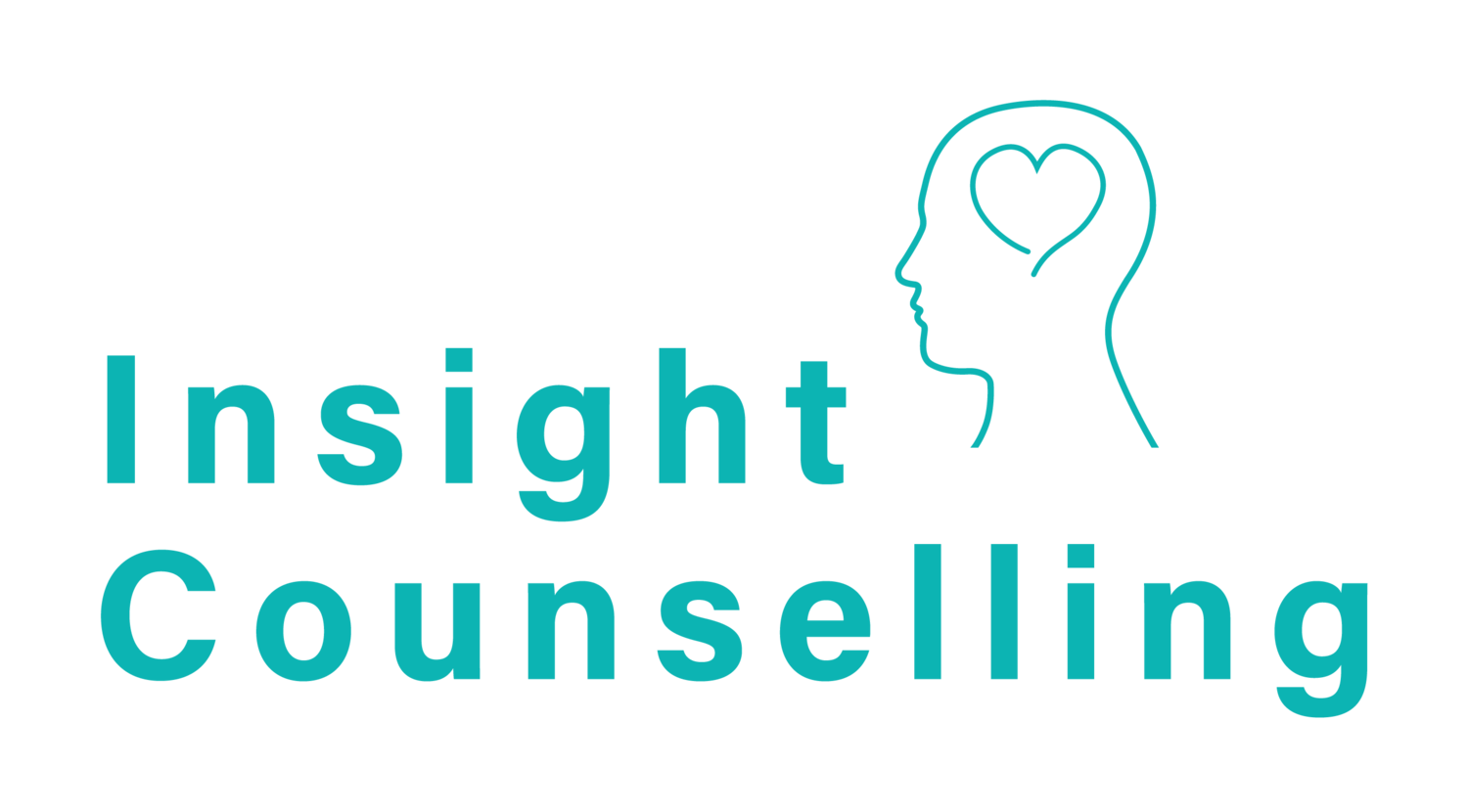Why relationships can be the pathway to our most profound changes
Growing up we are taught many things about how the world works - we learn about history to try and learn the lessons from the past, we are taught science to understand about our biology, the role physics and science in our lives, and maths to help manage financial topics.
But we are not taught how to be in intimate relationships, or even what they are.
We are taught how to be a “good” daughter, son, friend, student but not how to have deep, authentic, vulnerable and often challenging intimate relationships. I’m not talking about physical intimacy, but how to be in a relationship whether they’re romantic, friendships, or with family members, when we can be authentically and vulnerably our full selves - the light and shade, good and bad, messy and certain range of ourselves.
It’s no wonder we’re increasingly lonely when we work so hard to not let others see this range within us. Exacerbated by the persistence of judgement and isolation of ‘cancel culture’, the criticism that permeates social media, and that religious and political choices are something that increasingly divide us. This social context further reinforces our fears that we wont be accepted if we show others our thoughts, beliefs and behaviours that we’re probably working really hard to hide.
Living in an age where we have lost how to intimately connect. How to see difference and difficulties in our relationships and the other person as a chance to understand each other, and ourselves, more deeply and intimately is contributing to stuckness. Many people want more connection, intimacy, and romantic love but are not engaging with the often confronting internal and external behavioural changes to enable it.
Through my work with individuals and couples, as well as frankly my own mistakes in life, I have seen how showing more of what we are trying to hide from others and ourselves is the only way to experience deeper connection, and importantly to make lasting change to our patterned behaviours, thoughts, internal often critical beliefs.
There is an increasing rhetoric that finding the right romantic relationship is about the absence of ‘red flags’, and that the ‘right’ person should be able to know what we want, need, how we’re feeling, and what we’re thinking. This is misleading, and in many ways is the opposite of how we can find and stay in meaningful connection with others. It is far easier to blame the other person for not giving us what we desire, or to analyse why they’re not right. The potholes of criticism, blame, judgement, or analysing your partners life story and impact of traumas are a defence against our fears. Often these fears are about rejection, not being good enough, or perhaps of our needs being shameful.
Vulnerable connection can be like holding a mirror up to our defences. When this happens we become fearful, angry, and want the discomfort to end. The dilemma is whether to react or run when we are on this edge of discomfort, or find another pathway to connection. This is where we have the opportunity to practice meaningful change within ourselves. Rather than react to our persistent fears that come up when we risk gaining or losing connection with someone we care about, how can we use this relationship and other person to express our fears, our longings, and to show more of who we truly are.
Intimate relationships, and the difficulties we experience within them are can be our biggest opportunities for change. They fulfil a deeper meaning and longing in our lives. Why is it that some people (partners, colleagues, friends) come into our life and we know we have a role to play for each other for all or part of our life journey. I believe this is because intimate relationships play a deep role in our learning, our change, and helping us face into and overcome of challenges within our lives, often deeply challenging our embedded patterns in the process!
